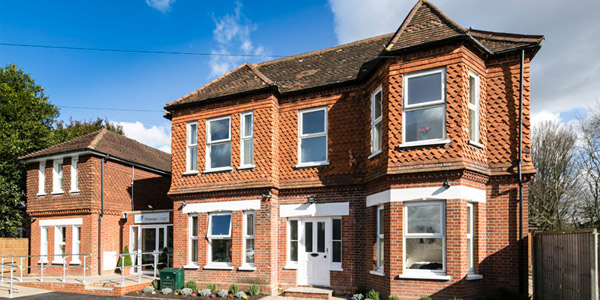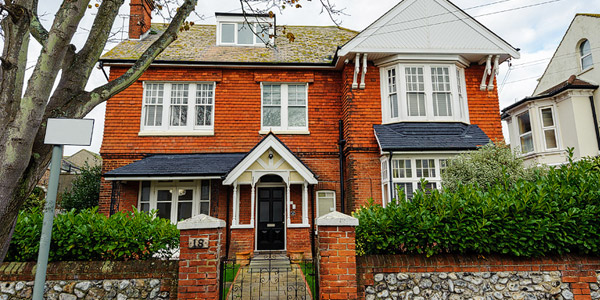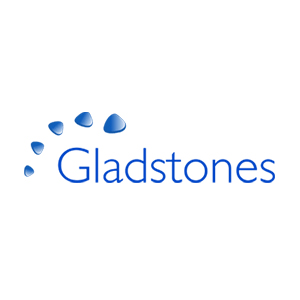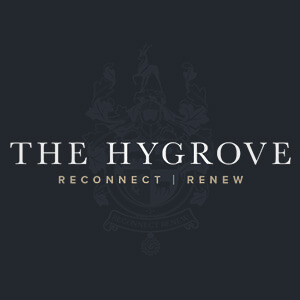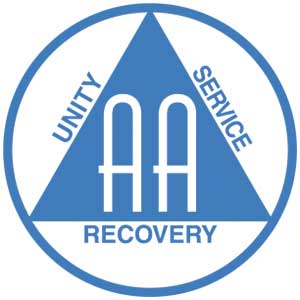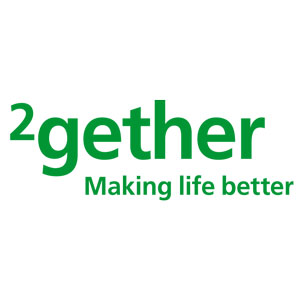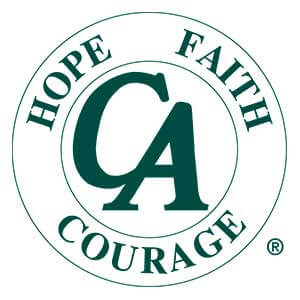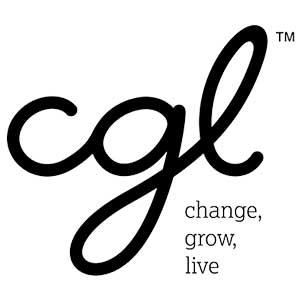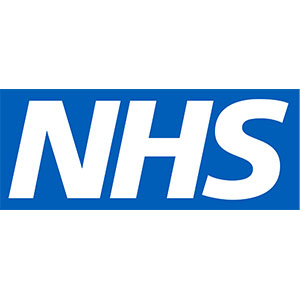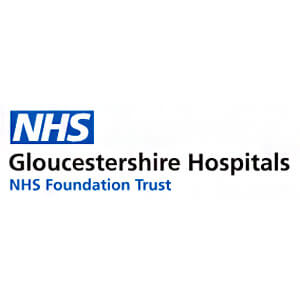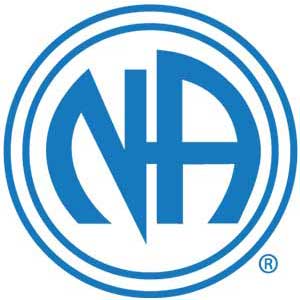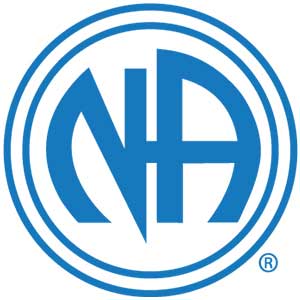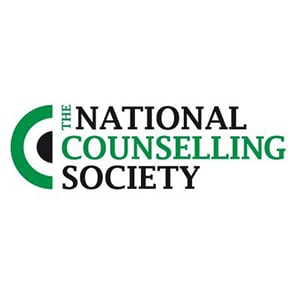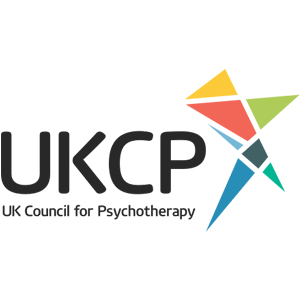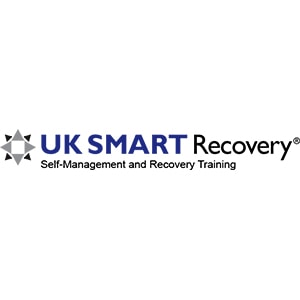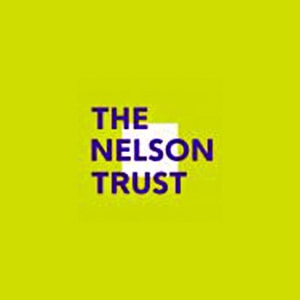Getting help for Addiction & Substance Abuse in Coleford
Beating drug addiction or alcoholism involves therapy to address the behavioural issues that lead to addiction first, whilst treating both physical and psychological dependence. Trying to stop using drugs without professional help can be challenging, and at times dangerous, where physical dependence needs to be overcome. Alcoholism or other forms of drug addiction impact physical and mental health—and it’s often the behavioural aspects of addiction that are most apparent and troubling to friends and family.
For rehab to be successful, the individual must make deep, behavioural changes whilst in treatment. The recovery success rates depend entirely on the individual’s willingness for change. All good rehab facilities in Coleford should offer person-centred treatment which includes a comprehensive screening process. The treatment plan should be tailored to the needs of each individual, with regular monitoring and progress reports throughout the programme.
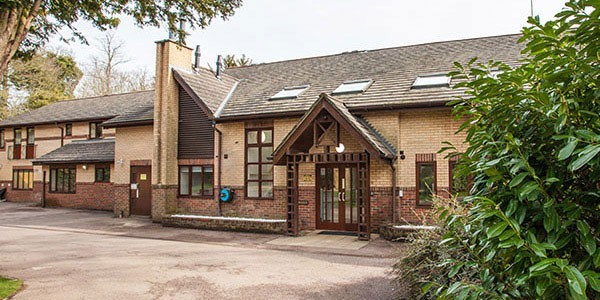
Banbury Lodge is a leading CQC approved detox, rehab and therapy clinic for…
- Private
- Holistic Treatment
- Eating Disorder
- Residential
UKAT Rehabs
Primrose Lodge is a comfortable, fully equipped detox and rehab facility. C…
Liberty House Clinic is a fully furbished detox and rehabilitation facility…
The Recovery lighthouse is an inpatient detoxification and rehab facility w…
Finding Treatment Options near Gloucestershire
-
- Non 12 Step
- Residential
- CBT
- Holistic Treatment
-
- Bespoke Program
- Aftercare
- Single Rooms
- Gym
- Load More
-
- 12 Step
- Group Setting
- Free
- Outpatient
-
- 12 Step
- Group Setting
- Free
- Outpatient
-
- 12 Step
- Group Setting
- Free
- Outpatient
-
- Free Service
- Outpatient
- Free
- Outpatient
-
- 12 Step
- Group Setting
- Free
- Outpatient
-
- 12 Step
- Group Setting
- Free
- Outpatient
-
- 12 Step
- Group Setting
- Free
- Outpatient
-
- 12 Step
- Group Setting
- Free
- Outpatient
-
- 12 Step
- Group Setting
- Free
- Outpatient
-
- Free
- Group Setting
- Free
- Outpatient
-
- Free
- Group Setting
- Free
- Outpatient
-
- Free
- Group Setting
- Free
- Outpatient
-
- 12 Step
- Group Setting
- Free
- Outpatient
-
- 12 Step
- Group Setting
- Free
- Outpatient
-
- 12 Step
- Group Setting
- Free
- Outpatient
-
- 12 Step
- Group Setting
- Free
- Outpatient
-
0 review
- Outpatient Option
- Private
- One to One
- Outpatient
-
0 review
- Outpatient Option
- Private
- One to One
- Outpatient
-
- Non 12 Step
- Group Setting
- Free
- Outpatient
-
- Non 12 Step
- Group Setting
- Free
- Outpatient
-
- Under 18’s
- Group Setting
- Free
- Outpatient
- Load More
Drug & Alcohol Rehab Services in Gloucestershire
- A
- B
- C
- D
- E
- F
- G
- H
- I
- J
- K
- L
- M
- N
- O
- P
- Q
- R
- S
- T
- U
- V
- W
- X
- Y
- Z

How Does Rehab Work
Individuals will receive one-on-one and group treatment as part of a treatment and recovery programme – customised to fully address their specific needs. A psychiatric evaluation should also be carried out by certified psychiatrists. A rehab programme should be carried out by a team of addiction and mental health specialists, as well as spiritual counsellors, wellness specialists and medical staff.
In the UK the two main choices for rehab are inpatient residential rehab and outpatient programmes. Unfortunately, Inpatient residential rehab is rarely funded by the NHS, however outpatient programmes are available throughout Coleford on a self-referral basis. Inpatient residential rehab provides many benefits over outpatient programmes, and allows the individual to detox from alcohol and substances in a safe, enclosed environment and away from any temptations.
What Happens During Alcohol and Drug Rehab in Coleford
Rehab offers individuals the necessary tools to have a meaningful life without the needing substances including alcohol. Qualified professionals support a caring and compassionate environment, so that individuals can start the healing process and begin their journey to long-term recovery. However, residential programs are not equal and a person struggling with alcohol or drug dependency may not know what the ideal residential treatment program looks like. It is important that before choosing a residential programme, you understand what it entails in terms of treatment and aftercare options. All strong rehab programmes should consist of group therapy, family therapy, and individual therapy. The treatment centre should have medical staff on standby to help individuals through the detox phase, and address any concerns they may have regarding psychotherapy and detox medication.
Good residential programmes should provide free aftercare as part of any programme, and should allow for regular sessions to promote long-term recovery. All rehab treatment centre in the UK must be registered with the Care Quality Commission (CQC). The CQC assign a rating to each rehab ranging from “Inadequate” to “Outstanding”. To understand the performance of a rehab, a good place to start is the CQC website, as they list any potential issues with an individual facility.
Addiction Therapy & Treatment Options in Coleford
When making enquiries, ask the treatment centre about the types of therapy programmes available. All decent rehabs should provide several different therapeutic models to help underlining psychological issues associated with addiction. If existing mental health conditions are present, it would be worth asking the centre if they specialise in treating patients with dual-diagnosis. Dual-diagnosis is where the patient has both mental health conditions and addictions, which often require a specialised treatment plan.
Therefore, a good rehab centre should be licensed to treat both mental health disorders and addiction – with the experience to treat substance disorders without impeding on any existing mental health issues (such as bipolar or depression). Several considerations should be made for the individuals well-being where dual diagnosis is involved – such as any therapy undergone prior to rehabilitation and the use of currently prescribed psychiatric medication. Detox is the first stage of rehab. Detox eliminates the mind-altering substances from the body before moving on to psychological treatment.
Medical Alcohol and Drug Detox
Detox is a treatment designed to break the physical and psychological addiction resulting from drug and alcohol misuse. A medical detox uses detox medication to help individuals get through the worst of withdrawal safely, by reducing cravings and eliminating any dangerous symptoms that may result from sudden withdrawal. Detox medication is more common in those who are dependent on opiates, alcohol, barbiturates, and benzodiazepines.
Medical professionals will assess whether a medically-assisted detox is needed, with special considerations around the individuals existing mental health conditions and other needs. It is recommended that the detox phase takes place within a residential setting, so that withdrawal symptoms and health complications can be monitored by medical professionals.

Therapy for Alcohol and Drug Addiction
The rehabilitation phase starts once the individual’s detox is complete. Clinicians should utilise a large array of therapeutic models to create a personalised treatment plan. One-to-one sessions should involve the use of psychotherapy as Dialectical Behavioural Therapy (DBT) or Cognitive Behavioural Therapy (CBT), amongst others. Group sessions should usually take the form of talking therapies, but may include other forms of psychotherapy such as Art Therapy, Drama Therapy, and Meditation. The aim is to provide the optimal environment that allows the individual to explore new ways of thinking, bond with peers and seek healthy, rewarding stimuli without the need for drugs or alcohol.
Cost of Alcohol and Drug Rehab
Detox makes up a sizable portion of the overall cost of rehab, as well as the length of stay and services provided. Other costs include amenities and location. Most inpatient rehab centres charge in the region of £5000 – £10000 for a 30-day treatment. Cost should never be a barrier to seeking addiction treatment, as often maintaining an addiction has far greater cost implications longer-term.
Consider how much you spend to maintain your drug habit and the cost of the health issues associated with substance abuse. In some cases inpatient rehabs accept private insurance, but you must make sure addiction treatment is covered by your insurance provider first.
How Long is Rehab?
The length of stay can change depending on the circumstances of the individual, although inpatient programmes typically range from 14 days up to 90 days. Extended rehab programmes have been shown to , so it may be that longer rehab programmes are a better choice.
Some inpatient rehabs offer “detox only” options – but uk-rehab does not endorse this – as detox alone rarely addresses the underlying causes of addictions. Consider a 60-90 day programme for increased recovery. This will allow more time to adjust to a substance free life, and for the therapy to have a long-lasting impact on emotional and spiritual well-being.
Nearest CQC Registered Rehab to Coleford
The nearest CQC-registered rehab clinic we recommend near Coleford is Banbury Lodge. This Rehab has a good/outstanding CQC rating, offers a comprehensive addiction treatment programme for drug and alcohol related addictions, provides treatment plans for any mental health conditions and offers 1-year free aftercare for both the individual and their families.
UK-Rehab provide numerous rehab facilities throughout the UK, all of which provide the same high standard of service and expertise. If you’re seeking addiction treatment in another location, UK-Rehab have a facility near you.
For more information on UK-Rehab, feel free to contact their addiction specialists on 02038 115 619.


